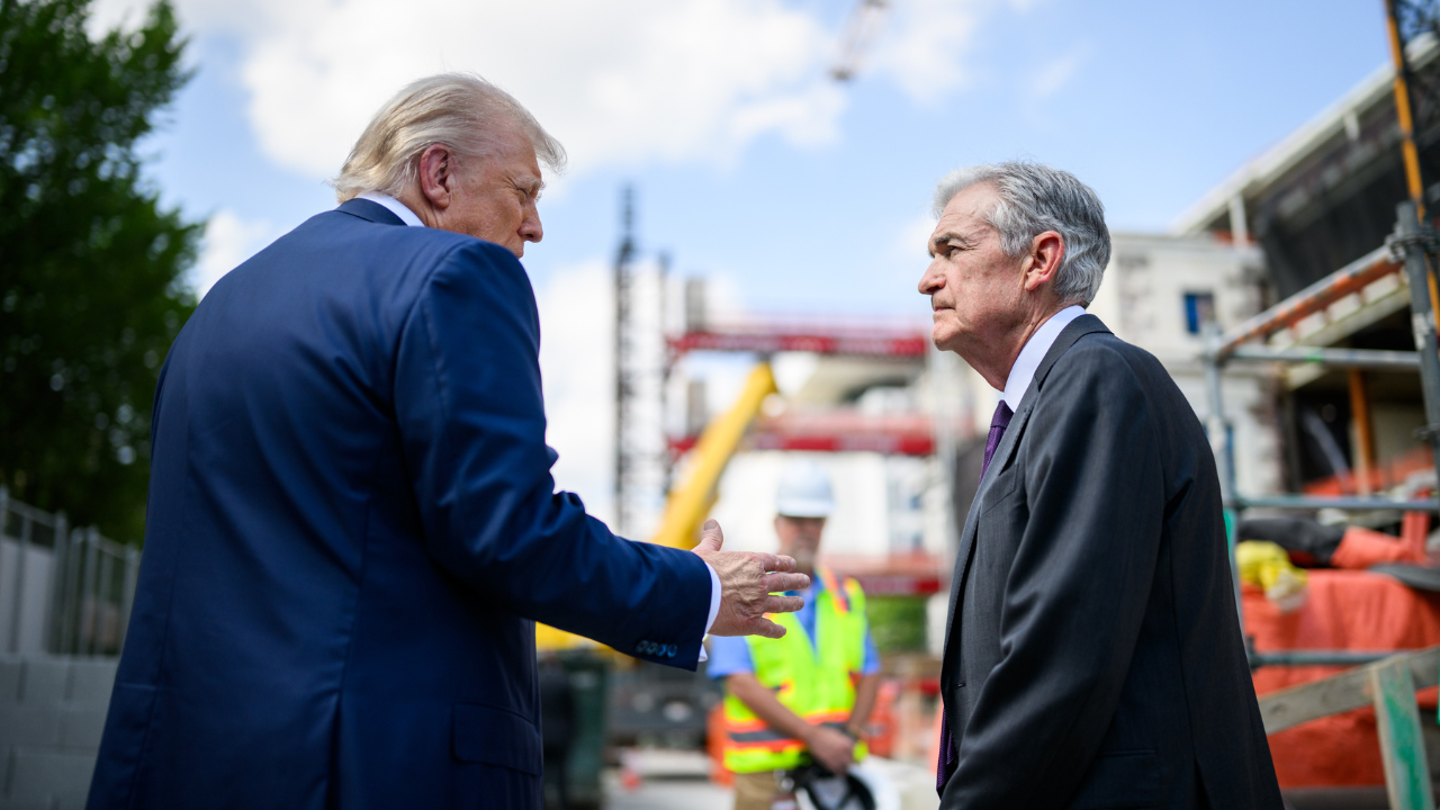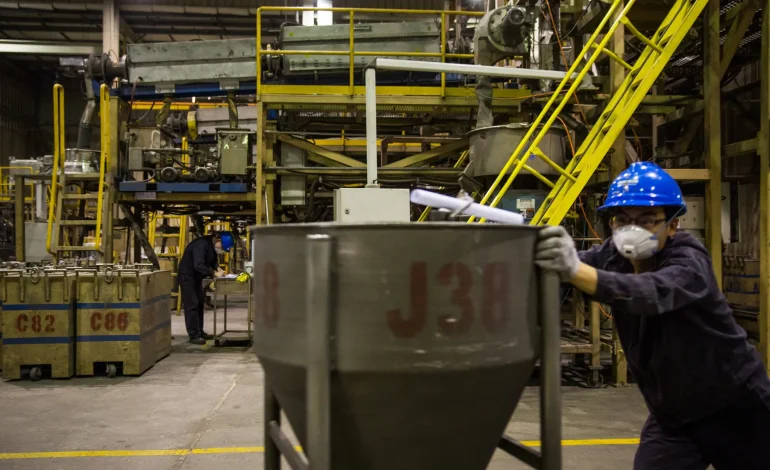The United States is experiencing mounting pressure from supply shortages of rare earth magnets, highlighting the long-term consequences of its dependence on China for critical materials.
These specialized magnets are essential components in electric vehicles, semiconductors, fighter jets, industrial robots, and other advanced technologies.
For decades, the US allowed its domestic rare earth processing industry to relocate overseas. Starting in the early 2000s, many factories — including those in Indiana — moved production to China just as demand for rare earth magnets was beginning to rise. Today, China produces around 90% of the world’s supply of high-performance rare earth magnets and refines over 99% of the most valuable “heavy” rare earths.
This reliance has become a vulnerability. On April 4, Beijing abruptly halted exports of rare earth magnets amid escalating trade tensions with the US, prompting widespread concern across American and European industries. Despite a trade truce reached in mid-May, US President Donald Trump said last week that China had not resumed adequate shipments, exacerbating supply chain disruptions.
American automakers have been hit particularly hard, with companies warning of potential production slowdowns due to a lack of magnets needed for vital vehicle components such as electric motors, brakes, and steering systems. A single luxury car seat, for instance, may require up to a dozen magnets.
Factory automation systems and defense technologies also rely heavily on these materials.
“This is America’s, and the world’s, Achilles’ heel,” said Nazak Nikakhtar, former assistant secretary of commerce for export controls.
While China has begun granting export licenses to select European and American companies, the approvals remain limited. Chinese producers have also paused operations in some cases, awaiting official clearance to resume exports. According to Jens Eskelund, president of the EU Chamber of Commerce in China, the limited licensing has failed to prevent widespread supply chain strain.
China’s near-total control of the rare earth sector is rooted in significant government backing, low environmental compliance costs, and a deep academic focus on rare earth chemistry, with 39 universities offering relevant programs. In contrast, the US lacks a comparable education pipeline and industrial capacity.
Efforts to rebuild the domestic rare earth supply chain have been slow and costly. The only American rare earth mine, located in Mountain Pass, California, has faced numerous operational challenges since its closure in 1998 due to environmental issues. Though it reopened under new ownership in 2018, the mine initially shipped materials to China for processing due to a lack of local refining capacity.
Recent progress includes the construction of a new processing facility in Texas by MP Materials, designed to produce magnets domestically. However, the financial burden remains heavy, and competition with low-cost Chinese operations is steep.
Smaller US ventures are also stepping in. Phoenix Tailings, a Massachusetts-based start-up, is using mine tailings to produce rare earth metal ingots. Its output, while promising, is still limited — producing 40 tons per year currently, with plans to scale up to 200 tons annually. This remains modest compared to the monthly output of Chinese plants.
Industry leaders say rapid expansion is essential to reduce US vulnerability.
“It’s a race right now,” said Thomas Villalón Jr., Phoenix Tailings’ chief technical officer.
The issue has become a flashpoint in broader US-China relations, as tensions rise over trade, technology, and national security. Disputes around advanced chip technology, export controls, and visa restrictions for Chinese nationals have added complexity to ongoing negotiations.
With input from the New York Times and Bloomberg.










The latest news in your social feeds
Subscribe to our social media platforms to stay tuned